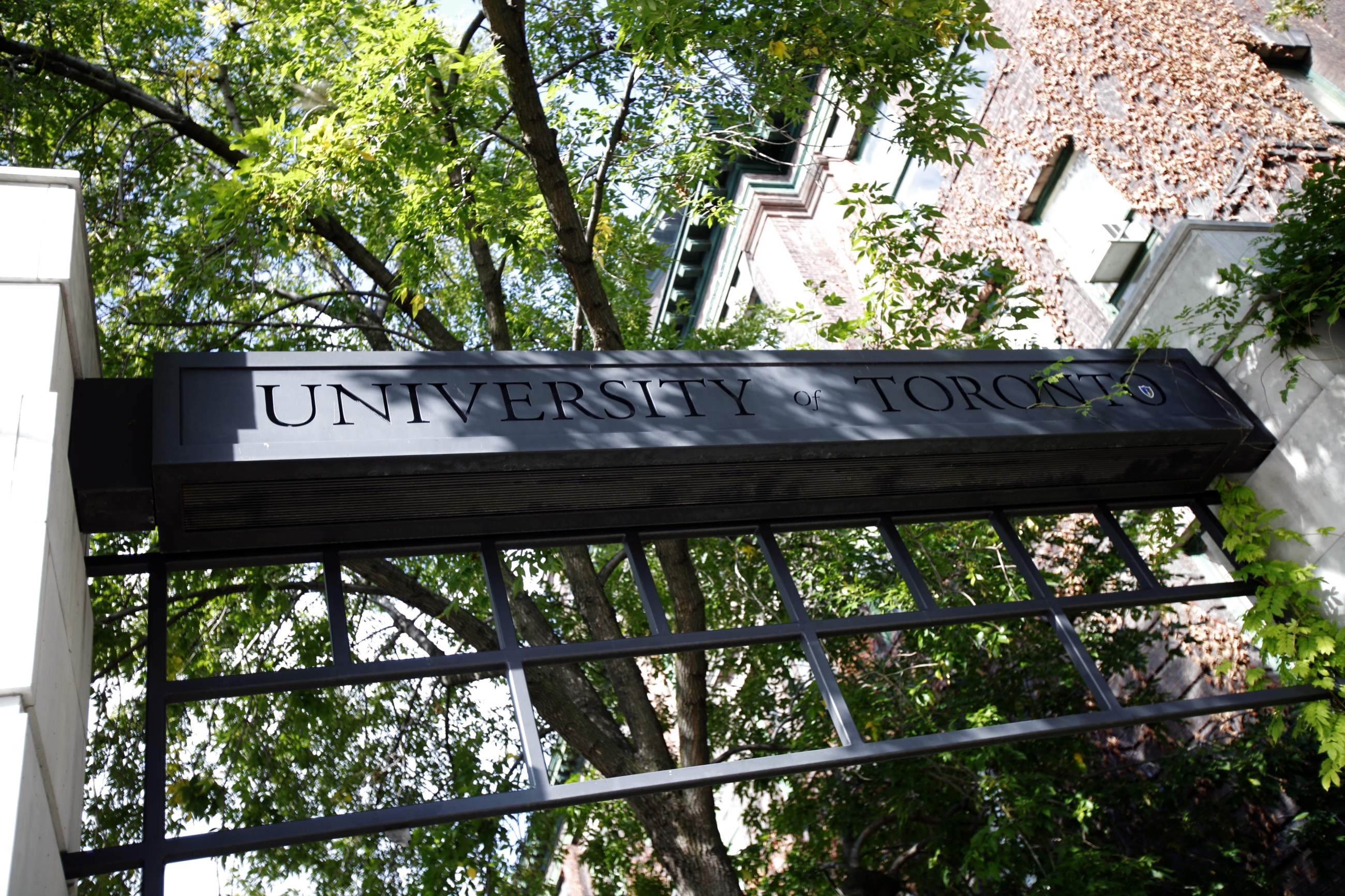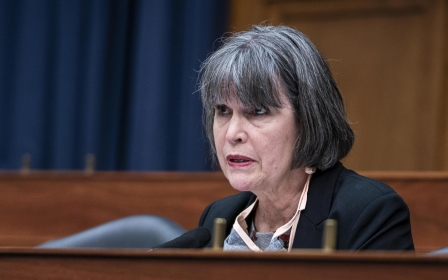University of Toronto rescinds job offer to academic over Israel criticism

The University of Toronto is reported to have rescinded an offer to a prominent international academic for a position as director of its human rights programme because of her work on Israeli rights abuses, faculty have alleged.
The dean of the university's law school, Edward Iacobucci, has come under fire for the decision, with the faculty advisory board of the International Human Rights Program (IHRP) resigning in protest.
The board chose Valentina Azarova for the position and began the hiring process in mid-August, according to a series of letters obtained by The Star, a local newspaper.
Several top professors at U of T wrote to the university to express their objection to its firing of Azarova, who has worked to establish human-rights enforcement mechanisms globally and has consulted for UN fact-finding missions. She is also a fellow at the Manchester International Law Centre, speaks multiple languages, and has lived in the Middle East and Africa.
The faculty claimed that the university was pressured to rescind Azarova's offer by a sitting judge, who also happens to be a major donor to the IHRP programme, the Star reported.
New MEE newsletter: Jerusalem Dispatch
Sign up to get the latest insights and analysis on Israel-Palestine, alongside Turkey Unpacked and other MEE newsletters

The judge reportedly expressed concerns in private over Azarova’s past work on Israel’s human rights abuses in Palestine.
"The recent search for an executive director has generated substantial controversy, including allegations of outside interference in the hiring process," Vincent Chiao, Trudo Lemmens and Anna Su, three members of the faculty advisory committee, said in a letter sent to Iacobucci on Wednesday, as quoted by The Star.
"We are disappointed by this outcome, the lack of fair process, including the failure to provide reasons for the decision taken."
The university has dismissed such claims, telling the Toronto-based newspaper that "no offer of employment was made to any candidate, and therefore, no offer was revoked", adding that the hiring process has now been put on hold.
But the faculty says it is not so.
Two past directors of the IHRP, in a letter to Dean Iacobucci dated 12 September, said "Azarova - the hiring committee's top candidate - accepted the faculty’s offer in mid-August".
"The Faculty of Law put Dr. Azarova in touch with immigration counsel to advise her on her options for securing a permit to work in Canada, and Dr. Azarova began planning to move with her partner from Germany to Toronto, where her stepchildren reside," former directors Carmen Cheung and Samer Muscati wrote, as quoted by the Star.
At a meeting on Monday, Iacobucci said the controversy was based on "uninformed and speculative rumours".
'Extremely legitimate' criticism of Israel
In response, one professor at U of T Law said: "He alludes to the rumours but he does not deny them. Of course, we can only speculate - we don’t know what the person told him and what he did. If there’s no basis for this rumour, we’re misinformed. So please inform us.
"That carefully crafted lawyerly response is non-responsive."
Trudo Lemmens, one of those who resigned from the faculty advisory committee, said he expected the university to provide a legitimate reason for Azarova's sacking.
"As a faculty member of an academic institution which values academic freedom and human rights issues, I have no clear understanding of why the appointment didn’t take place. That’s why I joined colleagues in resigning because I'm not in a position to firmly defend the process and the decision," Lemmens said, as quoted by the Star.

Meanwhile, the faculty insists that Azarova is the best candidate for the IHRP director seat, which has been vacant for a year.
Professors speaking to local media stressed that while controversial views should not be censored, those held by Azarova could not be considered radical within the framework of the mainstream legal consensus on Israeli settlements in Palestinian territories.
"Her criticism of Israel is extremely legitimate within Israel," said Itamar Mann, an associate professor at the University of Haifa Faculty of Law, as quoted by the Star.
"It’s a criticism that I share. It’s a criticism of long-standing human rights violations of international law, primarily through the project of settlements which is unquestionably illegal and that’s the kind of majority position around the world. It’s not an exotic position to take at all," said Mann, who worked closely with Azarova at the non-profit Global Legal Action Network on migration and refugee issues in Europe.
"Even from the perspective of people who imagine themselves as helping defend or support Israel, I think this would be a grave mistake.
"Being able to debate is an essential part of democracy."
Middle East Eye delivers independent and unrivalled coverage and analysis of the Middle East, North Africa and beyond. To learn more about republishing this content and the associated fees, please fill out this form. More about MEE can be found here.




